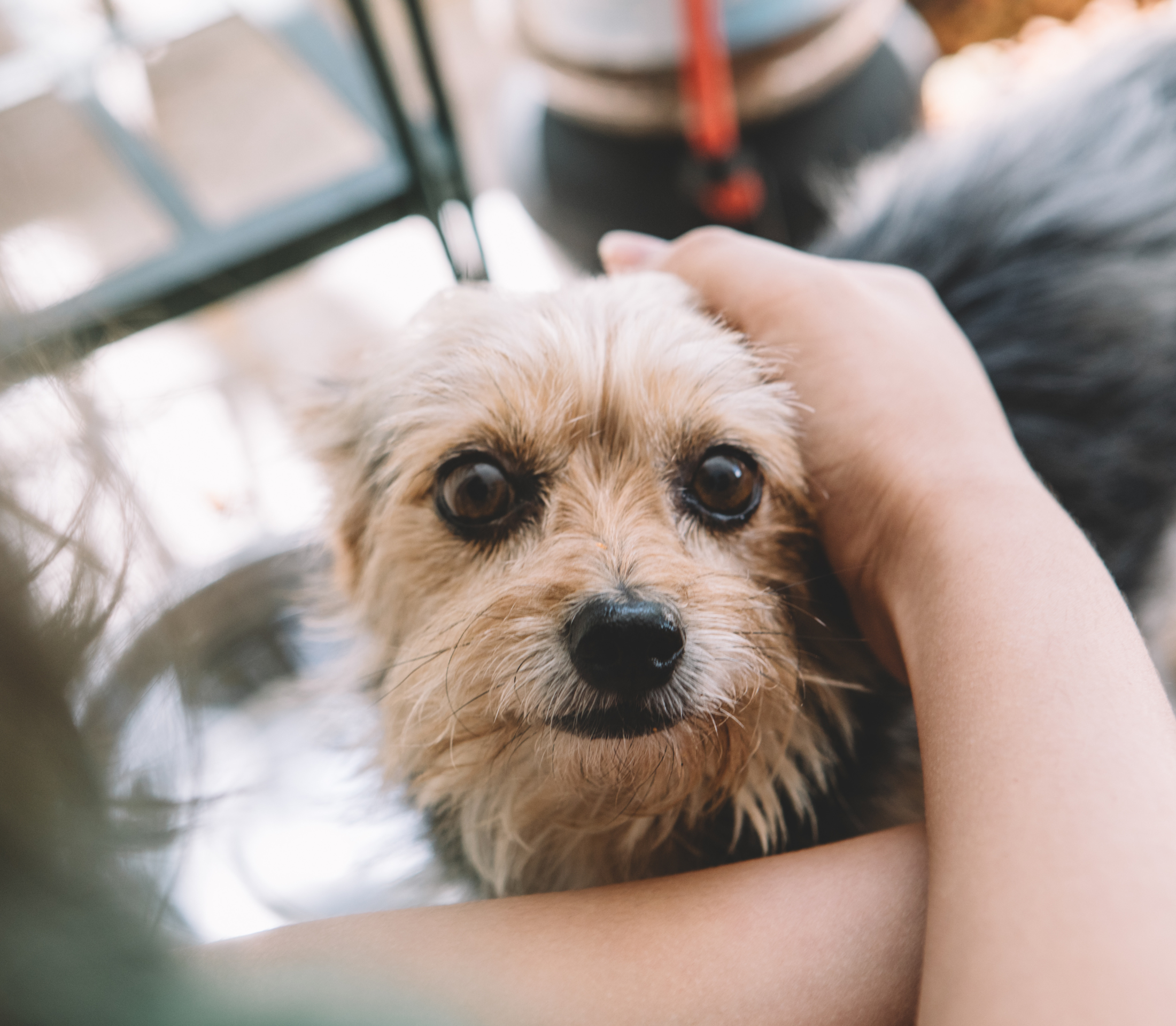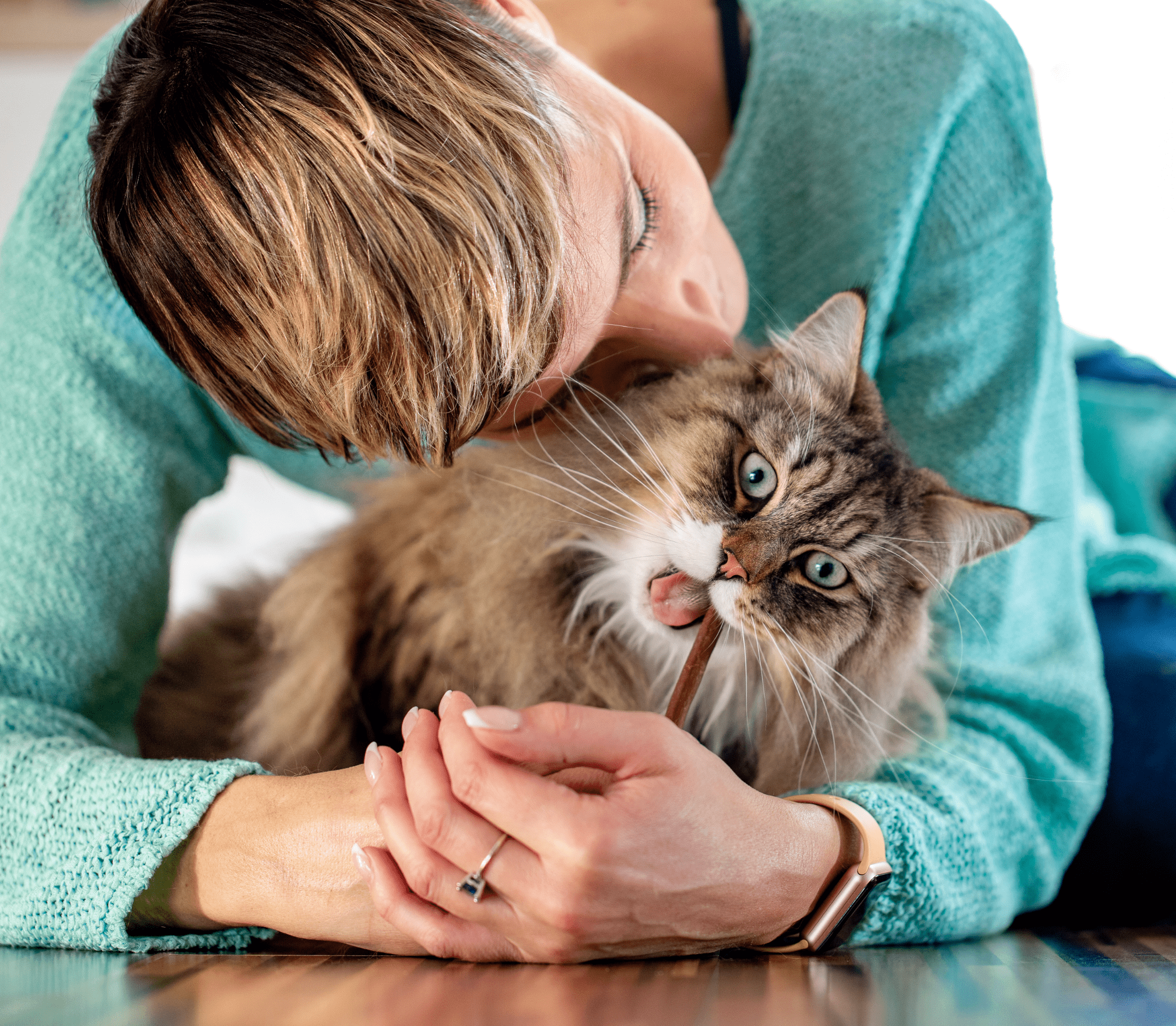Caring for a Deaf Dog
National Deaf Dog Awareness Week starts September 20th! Just like people, dogs can be afflicted by hearing issues. However, Fido is very resilient. Dogs that don’t hear well can be just as cute, loyal, and lovable as any other pooch. Many people are hesitant about adopting dogs with medical issues, in large part because they assume that these pups will need lots of extra care. However, that isn’t necessarily the case. A local Hyattsville, MD vet offers some tips on caring for a deaf dog in this article.
Training
Dogs can learn to respond to hand signals, rather than vocal commands, just like people can. This may take some time, but will be well worth it in the end. You may find it helpful to teach your canine buddy to come to a visual cue. You can wave a flashlight, or flicker lights on and off.
Piano Key
Sometimes dogs that have suffered hearing loss can still hear certain notes. If you have a piano, try striking some of the keys in the low end range. If Fido reacts, you may be able to train him to come when you hit certain notes.
Sign Up
You may want to get a little sign for your furry friend to wear, to let people know that he is deaf. Fido doesn’t have to keep it on all the time, but it will be helpful if you take him out in public or have guests over.
Safety
Safety is always a priority when it comes to pet care. With dogs that can’t hear well (or at all), one major concern is the fact that Fido won’t be able to hear cars coming. When you walk him on the side of a road, walk facing oncoming traffic. Also, be sure to keep your canine companion on a leash at all times.
Bell
You may want to put a bell on your furry pal’s collar. This will help you–and your other pets–keep tabs on your pup’s whereabouts, as he won’t hear you if you call him.
Barking
Fido may bark louder than other dogs, in part because his volume button doesn’t really work. Training can help correct this issue. Ask your vet or a behavioral specialist for advice.
Please reach out to us, your Hyattsville, MD vet clinic, for all of your dog’s veterinary care needs. We’re here to help!



